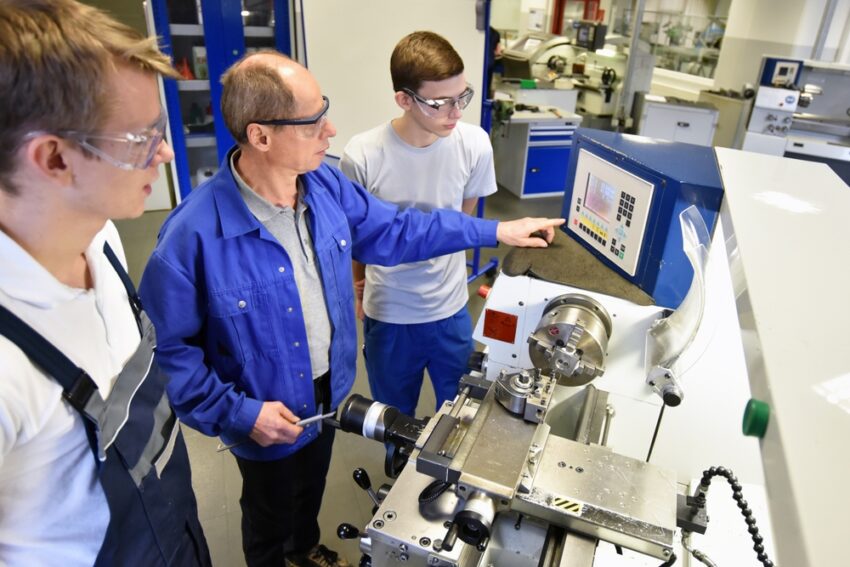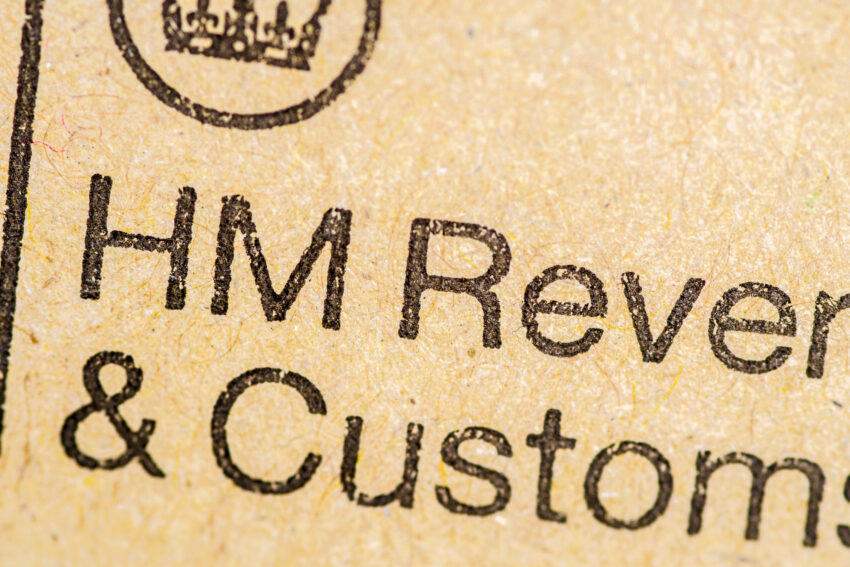EU’s zero-for-zero tariff bid stalls amid US pushback
BRUSSELS — The European Union is coming to terms with the fact that its renewed proposal to remove tariffs on industrial goods is going nowhere with the U.S. administration, three officials and diplomats told POLITICO.
Seeking to avoid a trade war with President Donald Trump, the European Commission renewed an offer in early April to remove (already low) tariffs on industrial goods such as chemicals, pharmaceuticals, rubber, plastic and machinery.
Now, with a threat of a 50 percent U.S. tariff on all EU goods looming from July 9, Brussels is scrambling to make an offer that’s amenable to the White House.
The zero-for-zero offer did not garner much interest in Washington, however.
“The Commission realized that it won’t fly,” an official from one EU member country said.
The EU executive stressed this week that the objective was still to reach zero-for-zero, while there were still difficulties on how to get there, one of the diplomats said. All three were granted anonymity to discuss the closed-door negotiations.
The U.S. and the EU came close to cutting the industrial tariffs 10 years ago during negotiations on a proposed Transatlantic Trade and Investment Partnership (TTIP). But that didn’t pan out amid deeper divisions over agricultural standards and the idea of setting up an obscure arbitration mechanism.
“The U.S. have been pushing back on industrial goods for zero for years now,” said David Henig of the European Centre for International Political Economy.
“They don’t want zero tariffs. So this has just been around for a very long time without any U.S. administration ever appearing to show much interest in it,” he added.
Senior Trump administration officials have repeatedly stated that the 10 percent universal baseline tariff now in force for most of America’s trading partners is their bottom line.

Among other options, Brussels is also looking at boosting its imports of liquefied gas or teaming up with Washington to curb a glut of Chinese steel on global markets.
After Trump held a call in late May with Commission President Ursula von der Leyen, the two sides agreed to speed up their negotiations — a relative easing of tensions in an otherwise deteriorating relationship that threatens to undermine transatlantic commerce worth €1.6 trillion a year.
Trump however raised U.S. tariffs on steel and aluminum from 25 percent to 50 percent this week, in a sign that Washington isn’t willing to back down on its trade war.
As a team of senior Commission officials traveled to Washington this week, EU trade chief Maroš Šefčovič met with his U.S. counterpart Jamieson Greer in Paris on Wednesday. Šefčovič told reporters that the talks were going in the right direction, pledging to “maintain the momentum.”
The Slovak commissioner held a call with U.S. Commerce Secretary Howard Lutnick on Friday, stressing the two sides were focusing on “deeper cooperation across several strategic sectors.”
The European Commission declined to comment.




















:quality(85):upscale()/2025/10/09/670/n/1922283/00b944c868e7cf4f7b79b3.95741067_.jpg)
:quality(85):upscale()/2025/10/15/765/n/1922398/29c37a6e68efd84bb02f35.49541188_.jpg)
:quality(85):upscale()/2025/09/09/891/n/1922283/7222624268c08ccba1c9a3.01436482_.png)
:quality(85):upscale()/2023/10/03/668/n/1922283/1f15c8a9651c2d209e5eb5.32783075_.jpg)













:quality(85):upscale()/2025/07/10/708/n/1922398/8fe2782e686fe372b38bf8.29984296_.jpg)
:quality(85):upscale()/2025/01/08/844/n/1922398/cde2aeac677eceef03f2d1.00424146_.jpg)

